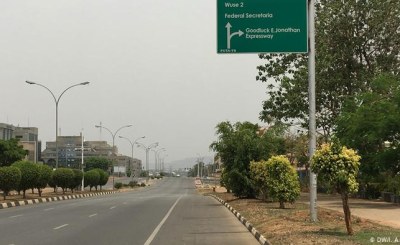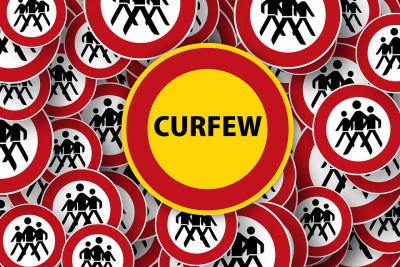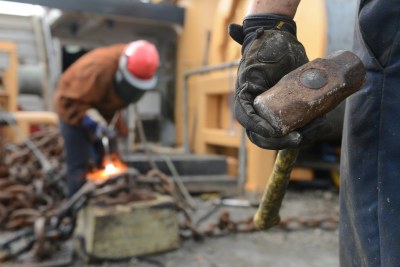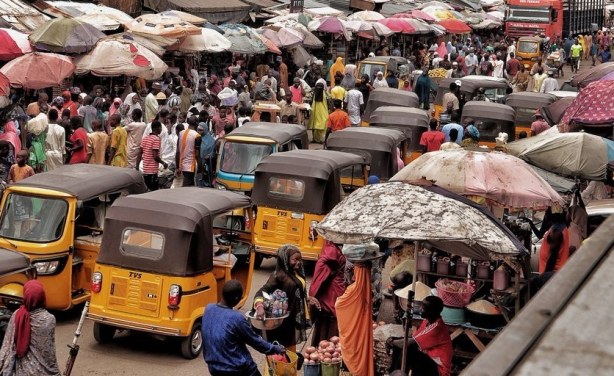-
Nigeria: Pandemic Lockdown Measures Were Hard On Informal Workers
The Conversation Africa, 28 February 2022
During the first wave of the pandemic in Nigeria, security forces were mandated to enforce lockdown and stay-at-home orders. Intended as public health measures, these controls… Read more »
-
Nigeria: Two Years On, Nigeria Not On Track to Attain Covid-19 Herd Immunity
Vanguard, 1 March 2022
From the onset of the COVID-19 pandemic, the World Health Organisation, WHO has sounded a note of warning that achieving herd immunity remains a master key to stopping the spread… Read more »
-
Nigeria: Whose Mental Health Suffered the Most During Covid-19 Lockdown?
The Conversation Africa, 14 March 2021
The toll of the coronavirus pandemic on physical health and lives worldwide is enormous. But the disease and the lockdown measures have had an impact on mental health too. Read more »
-
Nigeria: Harsh Realities of the Pandemic in a Lasgidi Story
This Day, 9 April 2021
For many who converged at EbonyLife Cinemas on Easter Sunday for the premiere of Efizzi Group's expository documentary 'A Lasgidi Story', the nearly one-hour film was a wake-up… Read more »
Nigeria’s Informal Workers Hit Hard By Covid-19 Lockdown Measures
During the first wave of the pandemic in Nigeria, security forces were mandated to enforce lockdown and stay-at-home orders. Intended as public health measures, these controls inflicted collateral damage.
The damage included arrests and detention, harassment, extrajudicial killings, destruction of goods, maiming, and torture. The controls also trampled on the human rights and economic rights of workers in the informal economy.
The most affected were street vendors, artisans, cart pushers, waste pickers, commercial motorcycle operators, and roadside motor mechanics, among others, write Chidi Nzeadibe, Christian Ezeibe, Kelechi Elijah Nnamani, Nkemdilim Patricia Anazonwu, Nnabuike Osadebe, Obiora Anichebe, and Peter Mbah for The Conversation.
Despite the warning by the UN High Commission for Human Rights, that states should not violate human rights under the guise of exceptional or emergency measures, some actions by Nigerian security agencies violated the rights of informal workers.
Some states in Nigeria such as Abia, Ekiti, Lagos, Kaduna, and Rivers recorded incidents of abuse such as destruction of traders' goods by security operatives enforcing the lockdown policy. Cases were reported where security agencies were implicated in harassment, killings, maiming, and torture.
InFocus
-
The government has reintroduced stricter lockdown conditions to further limit the spread of the Covid-19 virus. Face masks are now mandatory in all government buildings, bars, ... Read more »
-
The United Nations Development Programme and the National Bureau of Statistics, has said that 20% of Nigeria's full-time workforce lost employment during the Covid-19 pandemic in ... Read more »





